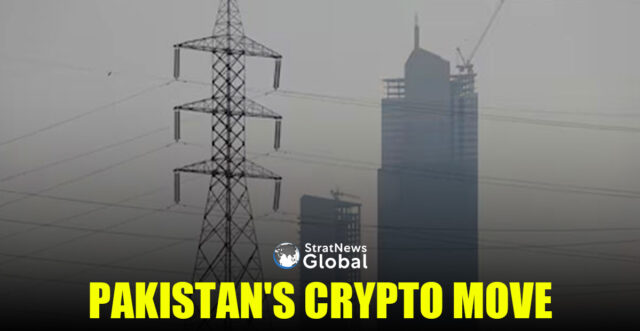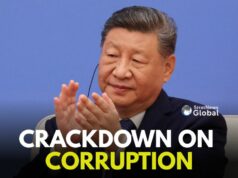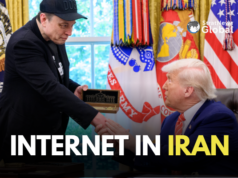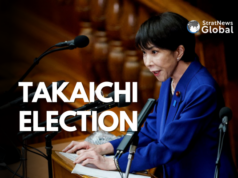Pakistan will dedicate 2,000 megawatts (MW) of electricity in the initial phase of a national plan aimed at supporting bitcoin mining and AI data centres, the finance ministry announced on Sunday.
The allocation is part of Pakistan’s plans to use its surplus electricity for bitcoin mining and AI data centres.
The decision to allocate 2,000 megawatts of electricity to power cryptocurrency mining and artificial intelligence (AI) data centres marks a significant step in its broader digital strategy.
The move follows Islamabad’s recent legalisation of cryptocurrency in a bid to attract global investment and technological partnerships.
Pakistan Crypto Council
In March, the Finance Ministry launched the Pakistan Crypto Council (PCC) to oversee the regulation of blockchain technologies and digital assets. Entrepreneur Bilal Bin Saqib was appointed as the chief adviser to the finance minister on matters related to the council.
According to a ministry statement, the new initiative aims to capitalise on the country’s surplus power generation to create high-skilled jobs, draw foreign direct investment, and increase government revenues.
Finance Minister Muhammad Aurangzeb called the power allocation a pivotal part of Pakistan’s digital transformation, emphasising the country’s capacity to harness its excess energy to promote innovation and attract international capital.
“Pakistan’s geographic and economic positioning makes it a strong candidate to become a global hub for data infrastructure,” the ministry stated, noting its potential to serve as a digital bridge between Asia, Europe, and the Middle East.
Bitcoin Mining
Since the PCC’s establishment, several international firms specialising in Bitcoin mining and data infrastructure have expressed interest, with many sending delegations to Pakistan for exploratory talks. Officials anticipate that interest will grow following the latest announcement.
The government aims to repurpose idle or underutilised energy assets to support energy-intensive industries like AI and crypto mining.
Saqib stressed that strong regulation and transparency could elevate Pakistan’s role in the global crypto and AI sectors.
He added that this strategy could also help earn foreign exchange by attracting large-scale Bitcoin operations and even pave the way for Pakistan to build its own Bitcoin reserves.
The Finance Ministry highlighted Pakistan’s edge over regional competitors like India and Singapore, citing lower and more stable energy costs. It also pointed out the global shortfall in AI data centre capacity, suggesting an opening for countries with excess power to meet demand.
Pakistan’s Digital Connectivity
Pakistan’s digital connectivity has recently improved with the arrival of the Africa-2 Cable Project—a 45,000-kilometre undersea internet cable linking 33 countries—which significantly enhances national internet infrastructure.
With over 40 million cryptocurrency users, the development of local AI data centres is expected to address data sovereignty challenges, boost cybersecurity, and improve the delivery of digital services.
The initiative is also projected to generate thousands of jobs across sectors such as IT, engineering, and data science.
This effort represents the first phase of a broader, multi-stage roadmap.
Future plans include the creation of renewable energy-powered facilities using wind, solar, and hydro resources, collaboration with international blockchain and AI companies, and the establishment of fintech and innovation clusters.
To attract infrastructure developers, the government is proposing incentives like tax holidays, reduced customs duties, and lower tax rates.
“Pakistan’s unique mix of surplus electricity, favourable location, robust connectivity, renewable resources, and digitally active population makes it an ideal candidate to become a regional hub for Web3, AI, and digital innovation,” the ministry concluded.
Pak Energy Sector Struggles
Pakistan’s energy sector is grappling with challenges, including high electricity tariffs and surplus generation capacity.
The rapid expansion of solar energy has further complicated the landscape, as more consumers turn to alternative energy sources to mitigate high costs.
(With inputs from Reuters and IBNS)





